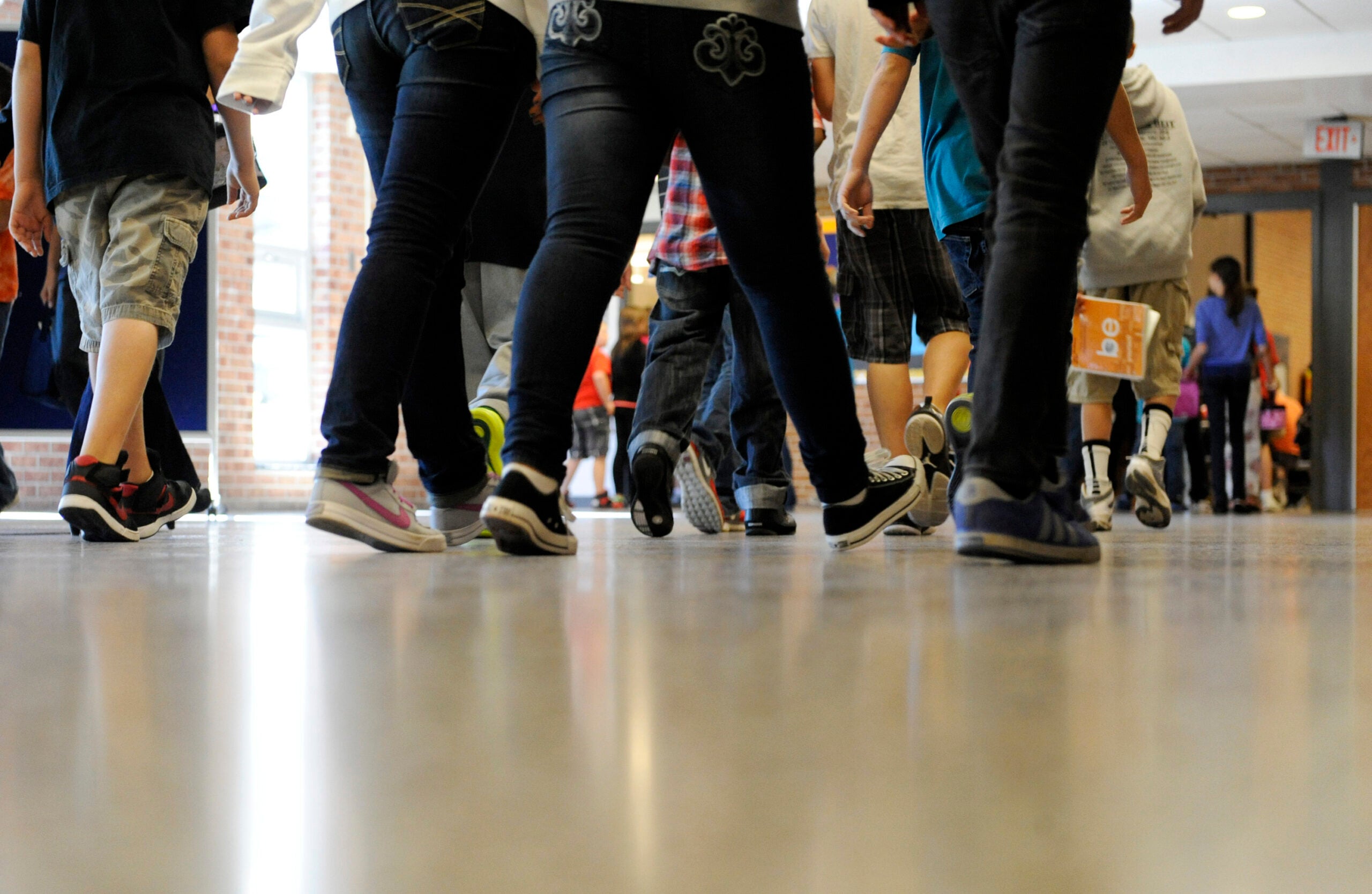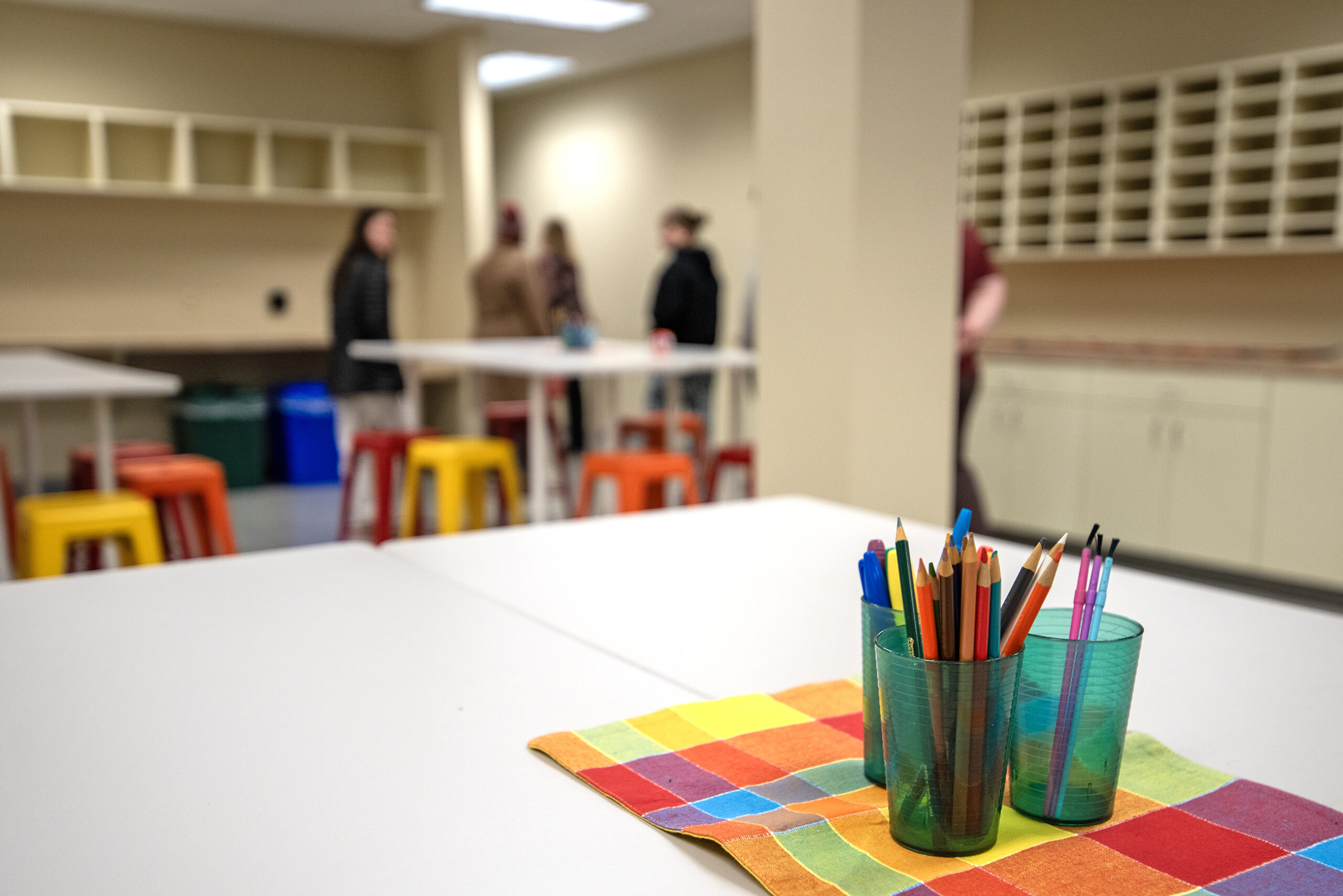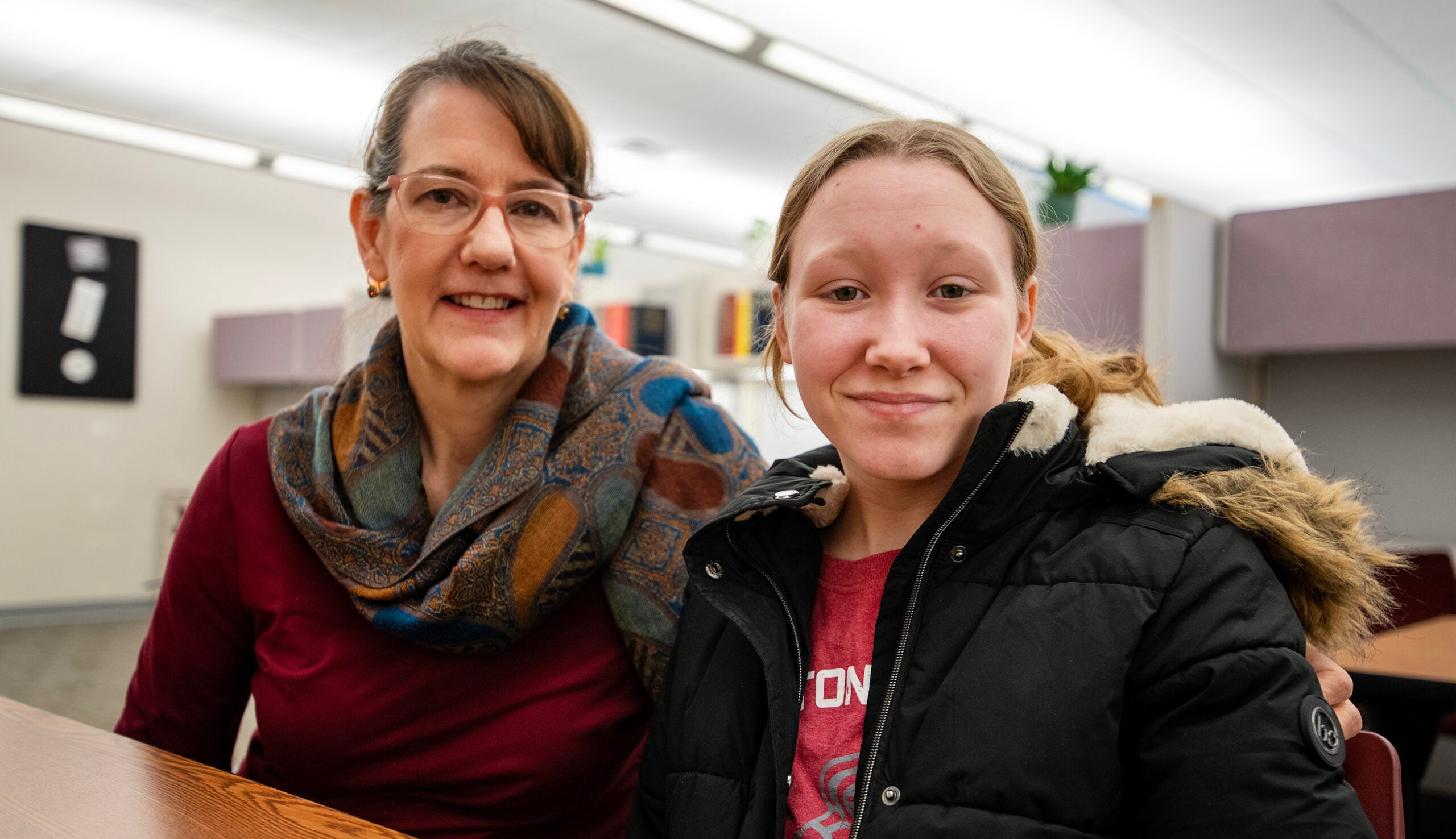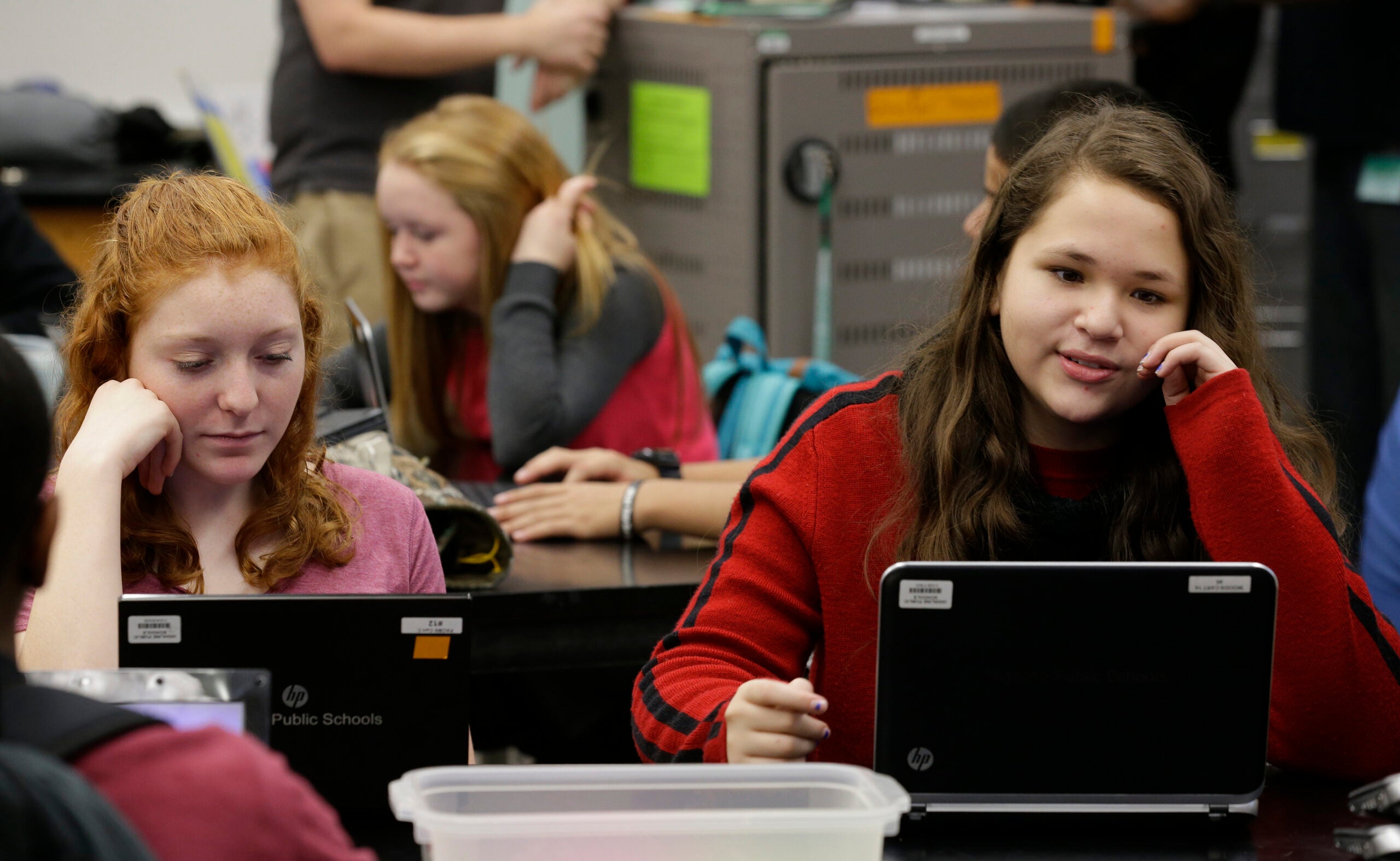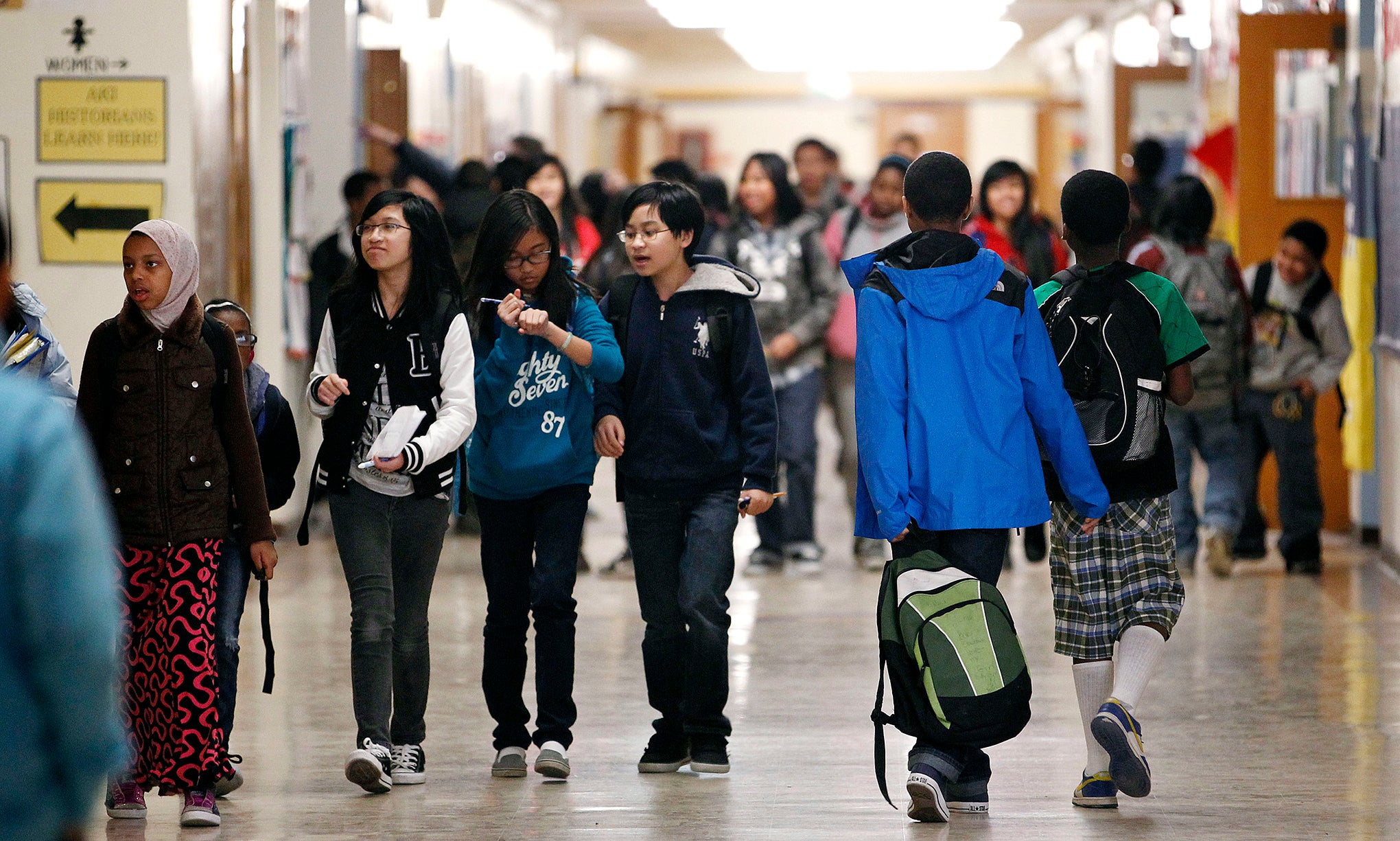New pencils, notebooks and backpacks may be on the checklist as the summer winds down and kids gear up for a new school year, but Dr. Shilagh Mirgain says it’s also an important time of year to check in with kids on how they’re feeling about heading back to school.
“We spend a lot of time preparing our kids for school by buying them school supplies or back-to-school clothes, but our families should equally spend time preparing kids mentally for the start of the school year and pre-school jitters and anxiety,” said Mirgain, a clinical psychologist at the University of Wisconsin-Madison School of Medicine and Public Health.
The back-to-school jitters are very common, Mirgain said, but if they aren’t addressed, they can snowball and interfere with academic performance and social engagement with classmates.
Stay informed on the latest news
Sign up for WPR’s email newsletter.
A recent study from UW-Madison looked at the transition from elementary school to middle school, which Mirgain calls a vulnerable time for kids.
“They go from having one teacher with kids from their neighborhood to middle school where they go from classroom to classroom to classroom,” she said. “Kids can feel anxious, but also really feel a decreased sense of belonging.”
The study assigned two groups of kids a reading and writing assignment. The first received a neutral reading and writing assignment.
The second group received a reading assignment about success stories of transitioning into middle school and a writing assignment that asked them to write about their fears and how they might deal with them.
“The main point was to highlight to kids that the fear of fitting in, some of those anxieties, are normal,” Mirgain said. “And the second point is that it’s temporary, kids can get over it.”
What this tells adults is that there are strategies they can employ to help kids overcome that anxiety and thrive in the school year, she said. Recognizing and normalizing those feelings can boost a kid’s sense of belonging.
Yet the study didn’t stop there. It tracked 1,300 sixth graders at 11 middle schools over the course of a year.
It found that the second group saw reduced disciplinary incidents by 34 percent, increased attendance by 12 percent and the number of failing grades dropped by 18 percent.
“It speaks to the power of addressing the pre-school anxiety up front,” Mirgain said. “If parents can actively engage kids at the start of the school year and even check in from time to time … it can help our kids … have that kind of well-being we want so they can really achieve their potential this year and going forward.”
When kids are feeling overwhelmed, Mirgain encourages parents to teach soothing mechanisms to manage those emotions. If young kids are feeling scared on the first day of school, Mirgain said to tell them to give themselves a little hug or put a hand on their heart.
For older kids, Mirgain suggests mindful breathing. When feelings of stress or anxiety bubble up, taking three deep breaths can help calm them.
“That kind of emotion coaching helps kids recognize the emotion, but have coping strategies to keep it in check,” she said. “And that’s wonderful because kids can’t learn if they’re anxious or if they’re feeling overwhelmed.”
Another major source of anxiety can be homework, Mirgain said. It can be helpful for parents to talk with their kids about how they will handle homework, and setting up a schedule and a comfortable workplace to do it.
“I think one of the reasons kids stop enjoying school is when they’re procrastinating on homework and getting behind on assignments,” she said. “With the technology today, parents can really track if homework is getting turned in … so that you can keep a close eye on on that.”
Finally, Mirgain said, activities outside of academics are important to keeping kids engaged and happy. Whether that comes from sports, clubs or volunteer opportunities, those opportunities offer an outlet and a way for kids to learn additional important skills.
“(That) fosters other aspects of identity, you’re going to learn so much more than just in the classroom,” she said. “Those problem solving skills, that teamwork cooperation when kids are involved in something beyond schoolwork, I think that helps a child feel connected to a school, and that school spirit.”
Wisconsin Public Radio, © Copyright 2025, Board of Regents of the University of Wisconsin System and Wisconsin Educational Communications Board.
